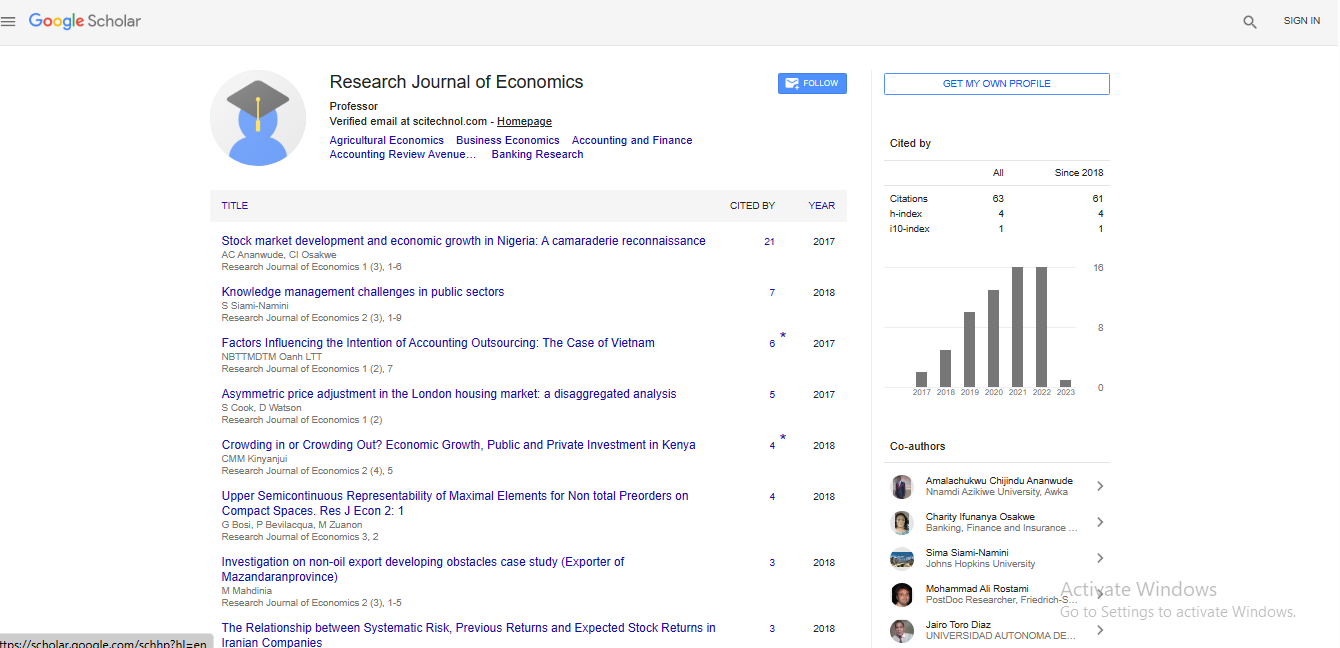Short Communication, Rje Vol: 5 Issue: 8
Access to health care in developing countries: Breaking down demand side barriers
Introduction
Effective health care interventions are underutilized in the developing world, and income-related disparities in use are large. The evidence concerning this access problem is summarized and its demand side causes are identified. Broad strategies that have been proposed to tackle the access problem through changes in economic incentives are considered. It is argued that there is a need to go beyond the identification of broad strategies to the design and evaluation of specific policy measures. Only through experimentation and evaluation will we learn what works in raising health care utilization, particularly among the poor in the developing world. A large body of evidence confirms that many people in the developing world go without health care from which they could benefit greatly. The poor in developing countries are even less likely than the better off to receive effective health care. Concern for the level and distribution of health in the developing world demands that measures be taken to redress both facts. What are these measures? What policies can increase the utilization of effective health care, particularly by the poor in developing countries? There are two sides to the access problem. On the supply side, good quality, effective health care may not be offered. On the demand side, individuals may not utilize services from which they could benefit. The two are obviously related. Poor quality care will arouse little interest from the public
Abstract
Effective health care interventions are underutilized in the developing world, and income-related disparities in use are large. The evidence concerning this access problem is summarized and its demand side causes are identified. Broad strategies that have been proposed to tackle the access problem through changes in economic incentives are considered. It is argued that there is a need to go beyond the identification of broad strategies to the design and evaluation of specific policy measures. Only through experimentation and evaluation will we learn what works in raising health care utilization, particularly among the poor in the developing world. A large body of evidence confirms that many people in the developing world go without health care from which they could benefit greatly. The poor in developing countries are even less likely than the better off to receive effective health care
 Spanish
Spanish  Chinese
Chinese  Russian
Russian  German
German  French
French  Japanese
Japanese  Portuguese
Portuguese  Hindi
Hindi 